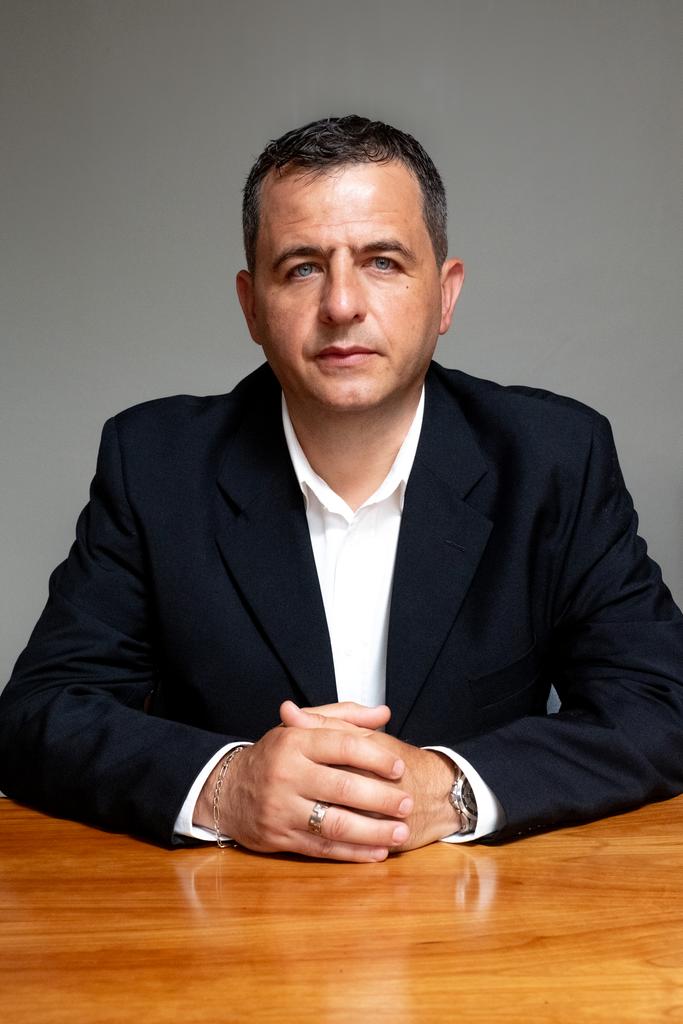|
Economist Thomas Sowell said: “It is not what education teaches us directly, but how well it prepares us to learn ourselves that is the ultimate measure of its value.”
The current one-size-fits-all schooling places major limitations on the ability and incentives of teachers to use their knowledge and abilities to provide high-quality education and training that prepares young people for taking on the challenges of adulthood, especially their working lives. The curricula imposed on teachers and their students do not leave space or time for teachers to allow students to “learn themselves” as described by Thomas Sowell as being the most valuable form of learning. Imagine how different the skills and knowledge-gathering offerings would be if education and training were demand driven – if competitive markets in education could develop freely, taking their cue totally from the demands of students and their parents. Only those establishments that wished to use the current government prescriptions, such as the compulsory curriculum, would retain them. Central planning for the implementation of successful education and training is impossible because no single mind has the knowledge to carry it out. Socialist-style attempts at the planning of any form of economic activity inevitably fails because central planners will not and cannot have the information necessary to successfully conduct the task. Compulsory schooling inevitably results in standardised curricula, predictably aimed at the mythical ‘average” student. There is no such person. All students are individuals who have a vast variety of differing innate abilities and characteristics. They deserve to have their wishes and aspirations respected. They need to be free to choose their most preferred option from an array of available educational and training offerings. There will be individuals among the current government-school teachers who would be interested in running a school along entrepreneurial lines. People with specialised knowledge and abilities could decide to pass on their knowledge and skills to the next generation but the current system would not allow space for specialised training of young people. Finance for entrepreneurial-style schools could come from the current schooling budgets through “the money following the student” but there is no latitude for out-of-the-box skills training of young people. Other students in such schools could either be privately sponsored, or fully parent funded. If the “money followed the student” in government schools, competition for student customers will inevitably drive up the quality of teaching. The attitudes of teachers would change dramatically in the fully government-managed schools if they had to compete with other government schools for students and the taxpayer’s money that follows them. Losing students would put pressure on all schools to improve the quality of service they provide to their student customers. A free and competitive learning environment would offer an immense variety of choices and teaching methods. Education entrepreneurs would be seeking to fill every imaginable market demand. Educational supply would vary from facilities run by one person to large organisations catering for thousands of students. Young artists, musicians, engineers, chefs, film producers, athletes, writers and every other conceivable skill and talent would be catered for somewhere. Forcing young people to sit through years of boring standardised “subjects” and “curricula” chosen by a centralised decision-making body wishing to stamp its own vision on unfortunate young people, is nothing short of a crime against humanity. It is time to allow young people and their parents to make those decisions that are currently made for them by the people who believe, incorrectly, that they have the right to do so. Breaking free has become a popular term, used to describe momentous occasions when people throw off the constraints of circumstances that have kept them in an untenable situation for far too long. The chains of such circumstances have trapped the world’s children for more than a century. They cannot break free on their own – they need the assistance of adults, especially their parents, to break free from the monotony imposed on them. Albert Einstein said of government-imposed schooling: “It is, in fact, nothing short of a miracle that the modern methods of instruction have not yet strangled the holy curiosity of inquiry; for this delicate little plant, aside from stimulation, stands mostly in need of freedom; without this it goes to ruin without fail. It is a very grave mistake to think that the enjoyment of seeing and searching can be promoted by means of coercion and a sense of duty.” |

What’s your reaction?
Love0
Sad0
Happy0
Sleepy0
Angry0
Dead0
Wink0























Leave a Reply